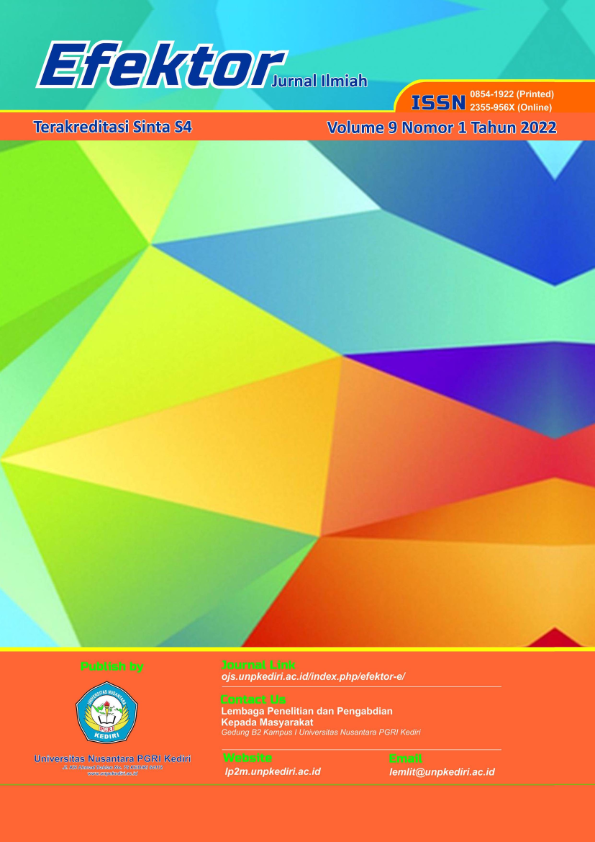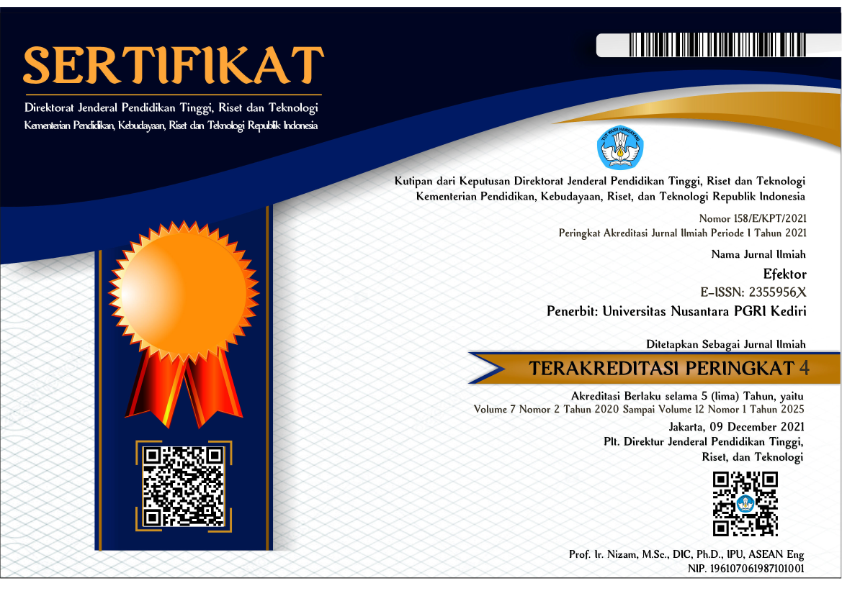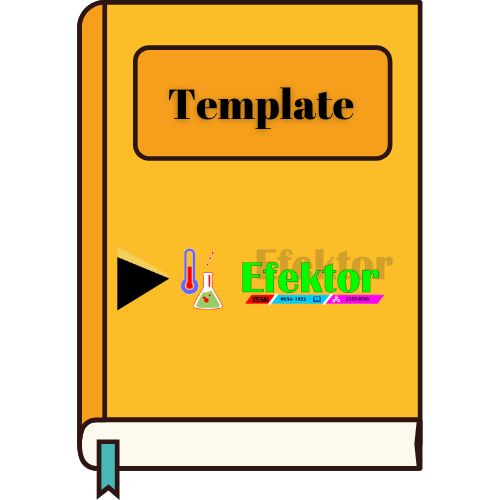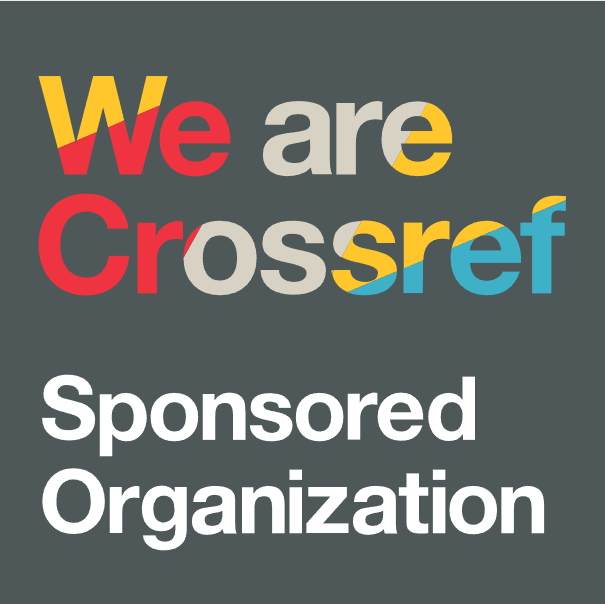Upaya Mengembangkan Asesmen Keterampilan Pemecahan Masalah Pada Materi Ekosistem Berdasarkan Greenstein
DOI:
https://doi.org/10.29407/e.v9i1.16530Keywords:
Assessment, Problem Solving, Validity, assessment, problem solving, vlidityAbstract
Problem-solving is the basis for identifying problems, making choices, and considering options based on the obtained information. The research objective is to create a problem-solving-based skills assessment instrument based on Greenstein on ecosystem materials. This research uses the Plomp model R&D (Research and Development) development method. The tool uses an expert validation sheet. The study is limited to testing the feasibility of the instrument. Data analysis with percentage technique. The results showed that the assessment instrument for problem-solving skills was feasible with the results of the validation of practitioner experts 86.2% "Very Valid", 93% assessment experts "Very Valid", material experts 85.8% "Very Valid", and linguistic experts 83.2% "Sufficiently Valid". The validity test results on items with a decent category obtained 17 'Valid' questions. The reliability test results got the results of 0.752 "high reliability".
References
Alismail, H. A., & McGuire, P. (2015). 21st Century Standar and Curriculum: Current Research andPractice. Journal of Educational and Practice.
Anderson, L.W., dan Krathwol, D.R. 2001. A Taxonomy for Learning, Teaching, and Assesing: A Revision of Bloom’s Taxonomy of Educational Objectives. New York: Addison Wesley Longman, Inc.
Anderson, J. (2009). Mathematics Curriculum Development and the Role of Problem Solving. ACSA Conference 2009.
Arikunto, S. (2006). Prosedur penelitian. Jakarta: Rineka cipta
Greenstein, L. (2005) Classroom assessment: Teacher’s knowledge and practice.Unpublished doctoral dissertation,jhonson and Wales University.
Gok dan Silay.(2010). “The Effects of Problem Solving Strategies on Students’ Achievement, Attitude, and Motivation”. Lat. Am. J. Phys. Educ. 4, (1), 7-21.
Hamzah B Uno dan Satria Koni, 2012. Assessment Pembelajaran, Jakarta: Bumi Aksara
Kementrian Pendidikan dan Kebudayaan. (2013). Peraturan Mentri Pendidikan dan Kebudayaan Republik Indonesia nomor66 tahun 2013 tentang standar penilaian pendidikan.
Loka Son A. Instrumentasi Kemampuan Pemecahan Masalah Matematis: Analisis Reliabilitas, Validitas, Tingkat Kesukaran Dan Daya Beda Butir Soal. Gema Wiralodra. 2019;10(1):41-52. doi:10.311943/gemawiralodra.v10i1.8
Nurgiyantoro, Burhan. 2010. Penilaian Pembelajaran Bahasa Berbasis Kompetensi. Yogyakarta: BPFE.
Plomp, Tjeerd.2007.”Educational Design Research: an Introduction”. Netherlands: Netherlands Institute for Curriculum Delevopment.
Riduwan, Pengantar Statistika Untuk Penelitian Pendidikan, Sosial, Ekonomi, Komunikasi, dan Bisnis, Bandung: Alfabeta, 2009.
Saputra, Hatta. 2016. Pengembangan Mutu Pendidikan Menuju Era Global: PenguatanMutu Pembelajaran Dengan Penerapan HOTS (High Order Thingking Skills). Bandung: SMILE’s Publishing.
Sugiyono. (2010). Metode Penelitian Pendidikan Pendekatan Kuantitatif, Kualitatif, dan R&D. Bandung: Alfabeta.
Wulan, A. R. (2007). Pembekalan Kemampuan Performance Assessment Kepada Calon guru Biologi dalam Menilai Kemampuan Inkuiri.Disertai pada PPS UPI: tidak diterbitkan
Downloads
Published
Issue
Section
License
Authors who publish with this journal agree to the following terms:
- Copyright on any article is retained by the author(s).
- The author grants the journal, the right of first publication with the work simultaneously licensed under a Creative Commons Attribution License that allows others to share the work with an acknowledgment of the work’s authorship and initial publication in this journal.
- Authors are able to enter into separate, additional contractual arrangements for the non-exclusive distribution of the journal’s published version of the work (e.g., post it to an institutional repository or publish it in a book), with an acknowledgment of its initial publication in this journal.
- Authors are permitted and encouraged to post their work online (e.g., in institutional repositories or on their website) prior to and during the submission process, as it can lead to productive exchanges, as well as earlier and greater citation of published work.
- The article and any associated published material is distributed under the Creative Commons Attribution-ShareAlike 4.0 International License













